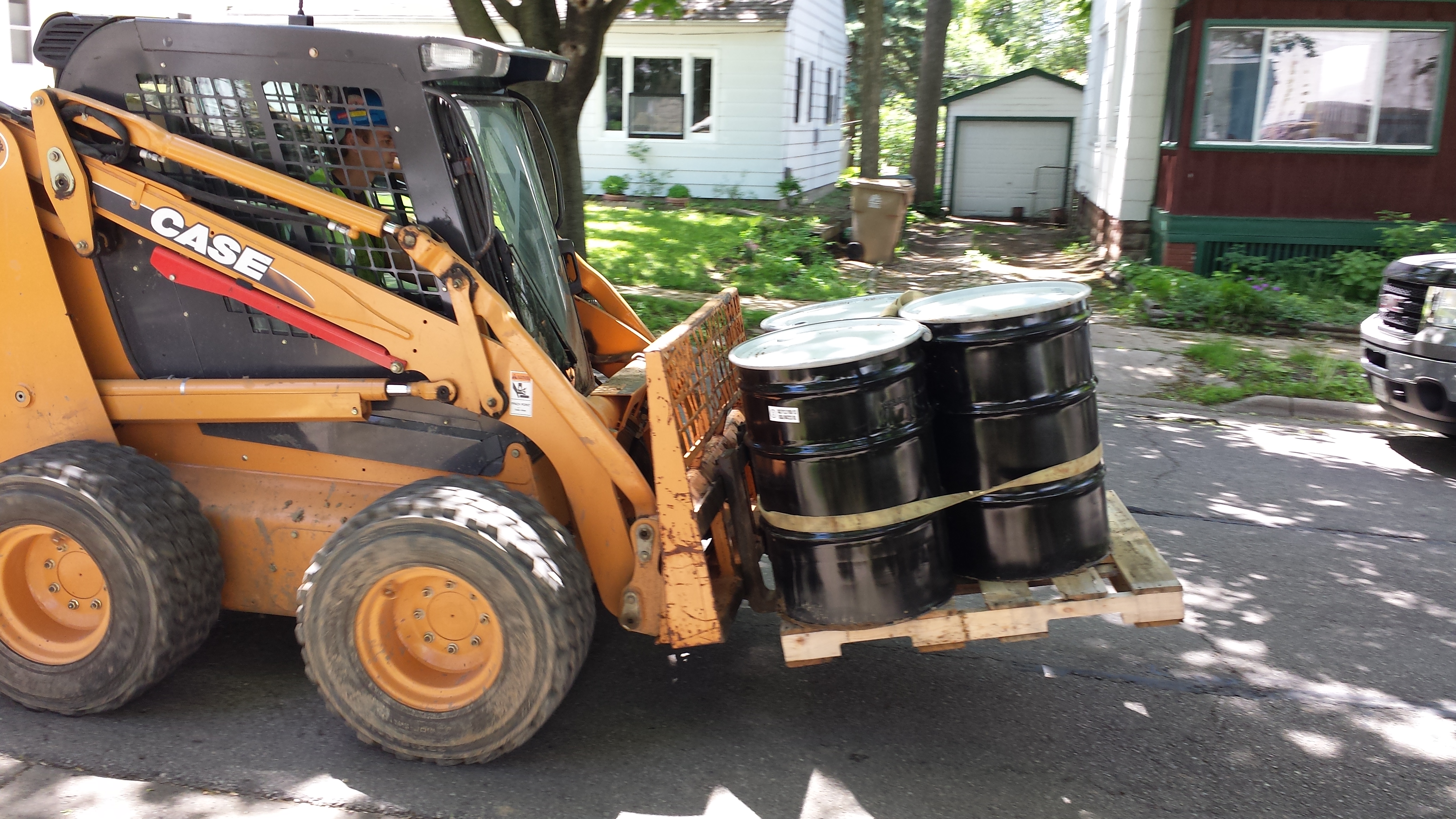For several years, MEJO has been asking the Wisconsin DNR questions related to Madison-Kipp Corporation’s toxic pollution. Last December, Remediation and Redevelopment staff threatened us with a $700 fee to ask further questions—citing this policy. The DNR email message and our response are here.
On January 29, 2014, we met with South Central Region Bureau Director Mark Aquino and three of his staff to discuss their rationale for applying this policy— clearly intended for industries and facilities that have released toxic pollution—to citizens asking questions about the effects of this pollution on people and the environment.
They explained that the DNR is too busy to answer further questions. They have much more important work to do. They reminded us that we can review online and hard copy files any time to search for answers to our questions. Here is a partial transcript of what they said.
Given this, we appreciate the generosity of DNR to allow four agency managers to take an hour and a half to meet with us free of charge. This probably cost taxpayers about $300, so the DNR could have raised $400 ($700 technical assistance fee minus $300 actual costs) to reduce the state’s debt—but they didn’t; we’ll be eternally grateful). But we have learned that these public servants do not want to be burdened by further questions about Kipp.
This leaves us with a problem. Many of our questions have never been answered. New questions are arising all the time as monitoring data is released and we review documents. We have reviewed thousands of pages of documents and still not found answers. We have spent entire days going through jumbled, unorganized files at state and local government offices looking for information or documents we never found. Some critical documents—that we know exist—don’t seem to be in the files at all. Others seem to have disappeared from the files over time—we saw them once, they were gone the next time. Aquino assured us that these files were the “official repository,” so the disorganization of the files, and ease by which documents come and go, are disconcerting.
Further, many of our most important questions cannot be answered by reviewing documents; we need answers from actual people—in particular, government agency staff who make decisions related to Kipp pollution.
But rather than further burden the understaffed and overwhelmed DNR, we have decided to try other strategies to address our questions. We turned to Ask.com, but it didn’t have answers either.* So we will turn to you—citizens, the public, anyone out there—for help with our questions. We are launching a new series, “Unanswered Questions: Madison-Kipp Unbound—How a Polluter Gets Its Way” in which we will post questions that we would have sent to DNR and other government agencies—or have sent them in the past but not received adequate (or any) answers. We hope someone out there can help us!
Watch for Part 1 of “Unanswered Questions,” coming soon….
*Ask.com directs you the DNR Brownfields web pages for Kipp, which don’t have the answers, of course.

